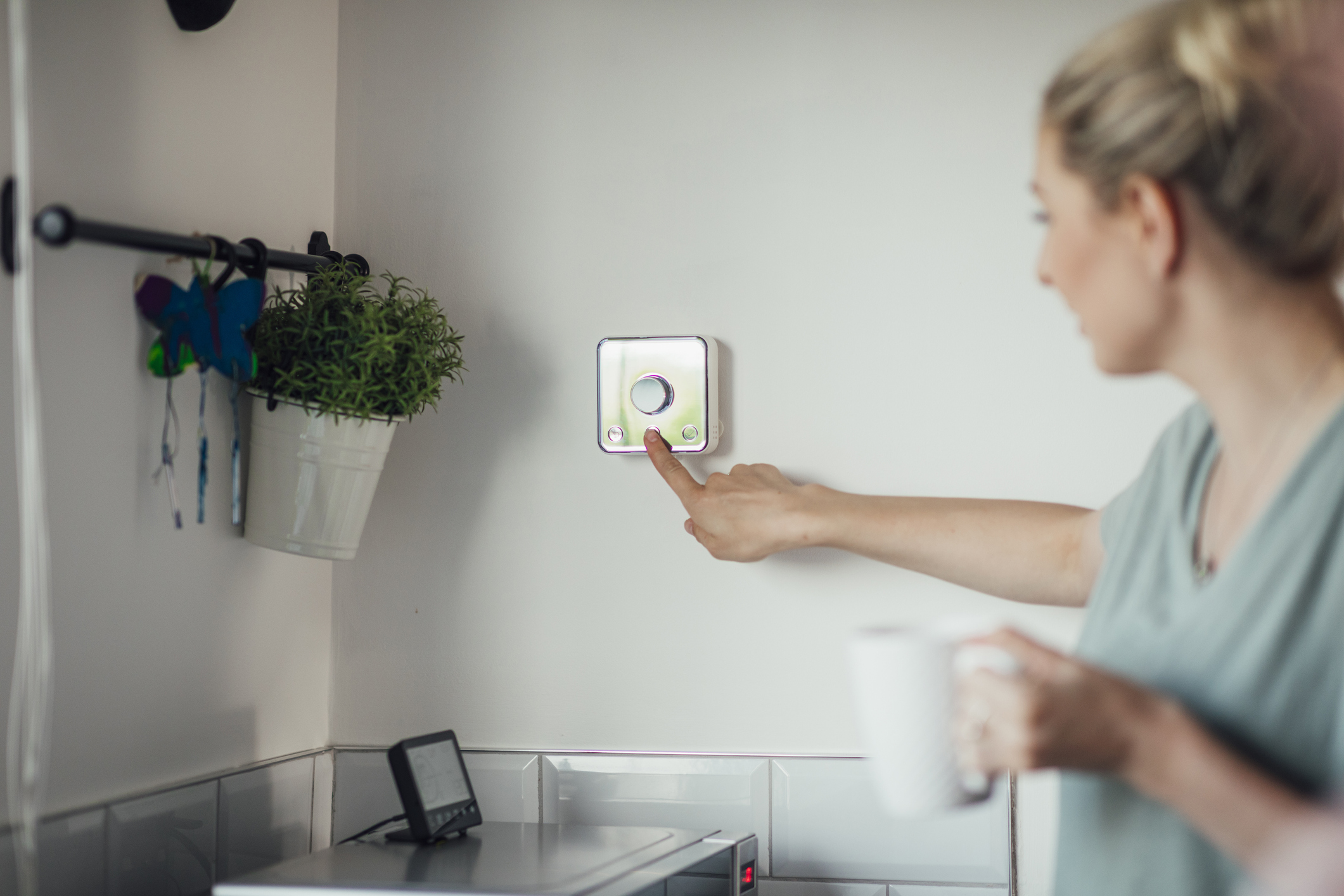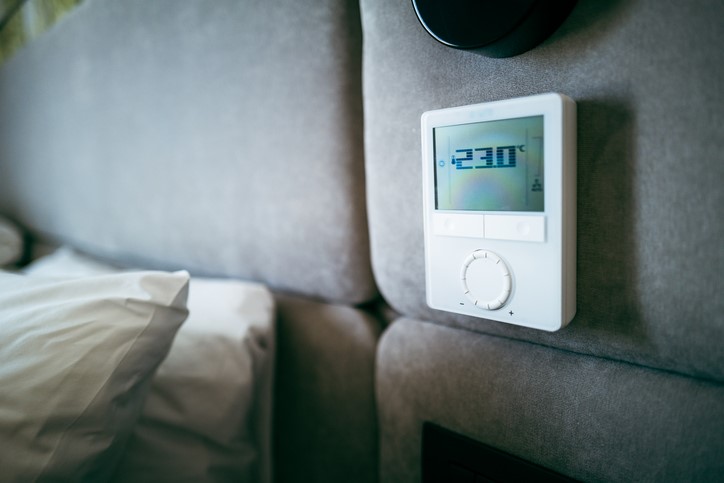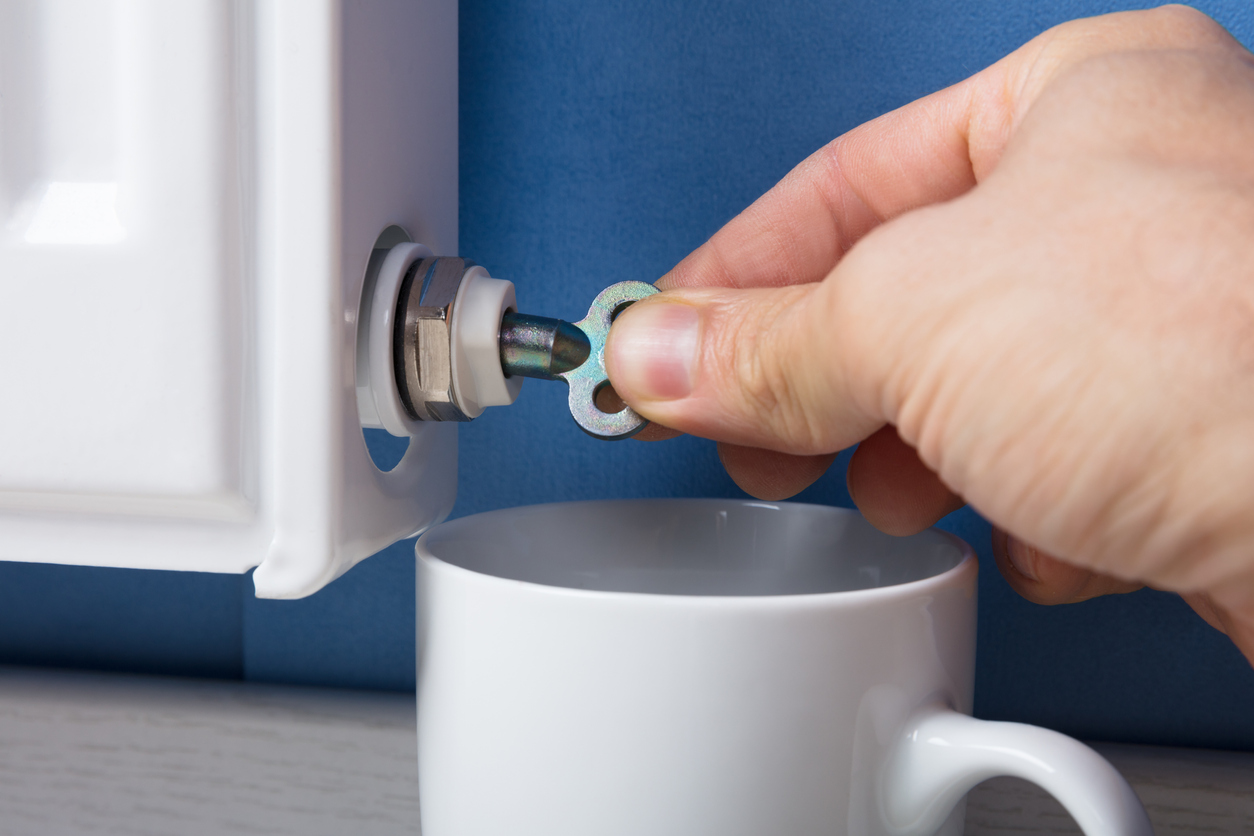Save energy this winter and keep your costs down
Written by
Tuesday 3rd January 2023

Households up and down the country are facing increased energy bills this winter - with customers on variable rate tariffs and prepayment meters set to be hit the hardest.
With the days getting shorter and the colder nights just around the corner, now is the most important time to prepare for winter.
We’ve put together some of the best tips to help you reduce the impact of cold weather while hopefully saving energy and money at the same time.
What is the average annual energy bill in the UK?
According to Uswitch, the average electricity bill in the UK is £987.16 per year. The average annual gas bill in the UK is £1,239.60 — and that’s without the annual gas standing charge.
The UK government’s Energy Price Guarantee aims to bring a typical household energy bill to around £2,500 per year, which amounts to just over £200 per month. The Energy Price Guarantee does this by limiting the average price per unit of gas and electricity. The scheme will last until at least April 2024 where the average household bill in the UK will be reduced to around £3,000.
Remember, the Energy Price Guarantee limits how much you can be charged per unit of energy — not how much you can be charged altogether. So it’s important to minimise how much energy you use over winter if you want to lower your bills.
Why are energy costs so high at the moment?
Energy costs are soaring predominantly due to reduced gas supply coming from Russia — one of the world’s largest natural gas producers — as a result of the conflict in Ukraine. There has also been an increased demand for energy following the end of Covid-19 restrictions, which simply couldn’t be met due to gas shortages across Europe.
As mains gas is used in around 85% of properties here in the UK, the energy crisis is likely to impact households significantly. So one of the best ways to reduce your energy costs is to reduce your gas consumption.
How to save energy — and money — this winter
1. Use water efficiently
10% of your average energy bill is the cost of heating water, so increasing your water efficiency could bring about substantial savings.
You could reduce your bill by:
- Dropping the washing machine temperature down to 30°C (or even 20°C for clothes that just need a light rinse)
- Using a bowl when doing the washing up rather than leaving the tap running. If you have a dishwasher, that’s a better option but only if you run full loads so you use less water per item
- Only filling up the kettle with the amount of water you need to make your cuppa
- Spending less time in the shower – aim for five to ten minutes
- Adjusting the water temperature on your boiler to around 60ᴼC
2. Let little changes make a big difference
More effective control can lead to big savings. According to the Energy Saving Trust, turning down your room thermostat by just one degree could save around £145 a year!
You should also be mindful of heating up rooms you’re not using. If you know you’re going to be spending time in one space, such as a living room or home office, it could be a good idea to turn off the radiators in other rooms.

3. Turn off appliances
It’s a small change of habit and will cost you nothing, but you could make significant savings on your energy bills by unplugging electronic devices overnight and making sure unnecessary lights are switched off.
According to British Gas, a typical household could save up to £110 a year simply by turning off gadgets left on standby or ‘rest mode’ so switch your appliances off at the mains when not in use.
4. Be careful when you cook
Be savvy with your energy savings in the kitchen by following these top tips:
- Favour more energy-efficient kitchen appliances such as a slow cooker or microwave
- Keep the oven door closed. Each time you let the heat escape, extra energy is required to heat it back up to temperature
- Don’t boil your veg in a full pan of water — only use just enough to cover the food so you don’t waste energy boiling water you’re not using. And pop a lid on your pan to keep the heat in
- Defrost your freezer at least once a year to prevent your appliance using up unnecessary energy
Tip tips to prep your home for a warmer winter
If you’re confident you’re doing all you can day to day to bring those energy costs down, it might be time to start looking at bigger home improvements that’ll have a more significant impact.
1. Install a smart meter
Installing a smart meter will allow you to track energy use across your home in near real-time so you can more easily get to grips with where you’re using the most energy. This’ll help you to make savings where it matters most.
Here’s the best part – if you’re eligible for a smart meter, you won’t have to pay upfront for one. Your supplier should fit one for free, and the cost of the installation and maintenance will be incorporated into your energy bills just as standard meter costs are.
2. Invest in thicker curtains — but don’t let them cover up your radiator!
A lot of heat is lost through your home’s windows, so make sure you keep them covered when you have the heating on. A thick pair of curtains will do the trick — think heavyweight fabrics or plush velvet to provide a barrier against the cold.
It’s important to make sure your curtains don’t cover the radiators below your window, as it’ll only end up trapping the heat in the window space. You want that lovely warm air to circulate throughout the room.
3. Bleed your radiators
When air gets trapped, it prevents your whole radiator from heating up. This means you may need to crank up the temperature to feel the benefit… which comes at a price.
If you can hear clunking noises when you turn your radiators on or they’re cold at the top, this is a sure-fire sign you need to bleed them. It’s a very easy task that won’t take you long but could save you serious cash in the long run.
Turn your heating off and, once your radiators are thoroughly cool, gently turn the bleed valve clockwise until you hear the air being released. The moment you see water coming out, close the valve — it’s a good idea to pop a few towels down on the floor or hold a cup underneath the valve to catch any leaks.
Top tip: Install radiator insulation panels for additional energy saving. These panels are easily installed and will reflect the heat back into your home rather than being lost through the walls or windows. They can be purchased from most DIY stores.

4. Get double glazing
Homes with ill-fitting or single pane windows lose a lot of heat. Upgrade to double or even triple glazed windows to prevent heat loss and keep your home warmer for longer.
Getting new windows installed is not a quick or cheap option so you will need to sit down and do your homework to find the most suitable deal to fit your needs. For example, always look out for the ‘Energy Saving Trust recommended’ logo, as these have been accredited as the most efficient.
The upfront costs associated with double-glazed windows can be substantial, but the long-term savings you will make can easily cover the cost.
5. Insulate your home
Adequate insulation in your home could save you some serious money on your energy bills.
If your walls or roof are lacking the correct level of insulation, you’ll be losing heat from your home at a much faster rate compared with a well-insulated property.
The main area to focus on is your loft, as this is where most of the heat is lost. According to the Energy Saving Trust, loft insulation is effective for at least 40 years. So if your home isn't already insulated then it’s an investment worth making.
Installing loft and wall insulation is a super easy job to do and could save as much as £315 a year.
6. Plan for next year
This might seem counter-intuitive, but it’s important to plan ahead to make sure you can get your home winter-ready.
For example, booking in to get your boiler serviced in the spring and summer months can help you to make sure your boiler will run efficiently all the way through winter. If your boiler is over ten years old, or you think it’s on its way out, it might be much more efficient to upgrade. Not only are newer models more energy-efficient, they could also save you some money in the long-run too. Check out our new boiler guide to help you make a decision.
Make your home more energy-efficient with a home improvement loan
Our low-cost home renovation loan can give you the opportunity to turn your house into a green home.
You can borrow between £1,000 and £35,000 with competitive rates from as low as 6.1% APR (£7,500 to £25,000).
Written by
Stephanie Reid is a financial services expert with over eight years of experience writing money-saving articles at Novuna Personal Finance. She has written hundreds of articles on a variety of topics including interior design, home improvements and weddings - with a keen eye for spotting money-saving opportunities and passing these tips onto readers. As a mum of two, Stephanie knows how important budgeting effectively is for parents and often incorporates family budgeting tips into her guides.


